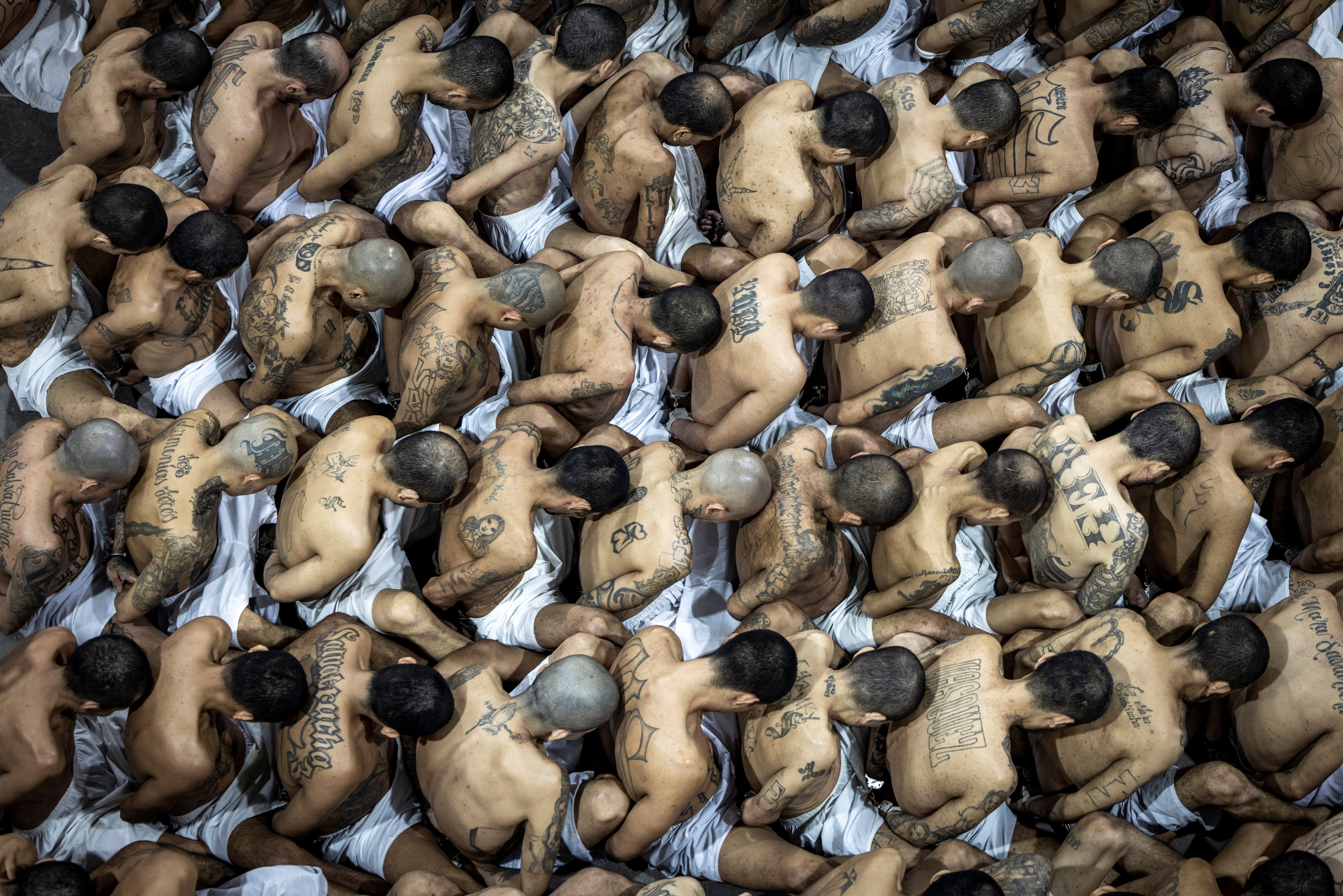El Salvador’s state of emergency one year later
This week marks one year since El Salvador’s bullish millennial president, Nayib Bukele, introduced a state of emergency, enabling his government to deal with the scourge of gang violence that has long made his country one of the world’s most dangerous.
Quick recap: To crack down on the country’s 70,000 gang members, Bukele’s government denied alleged criminals the right to know why they were detained and access to legal counsel. The arrest blitz has seen nearly 2% of the adult population locked up.
Despite these draconian measures and Bukele’s efforts to circumvent a one-term limit, he enjoys a staggering 91% approval rating.
Bukele has also sought to distinguish himself as an anti-corruption warrior, which resonates with an electorate disillusioned by years of corrupt politicians (Bukele’s three predecessors have all been charged with corruption. One is in prison; two are on the run.)
Externally, relations with the Biden administration have been icy under Bukele, with San Salvador refusing to back a US-sponsored UN resolution condemning Russia’s war in Ukraine.
What matters most to Salvadorans is the dropping crime rate, which is why Bukele will likely cruise to reelection next year.
Fears of domestic terror attack in Northern Ireland
Britain's MI5 intelligence agency has raised the domestic terror threat in Northern Ireland from “substantial” to “severe” amid fears of an imminent attack in the British-run region. This follows a series of attacks by Irish nationalist groups, mainly against police, in Northern Ireland in recent months.
The New Irish Republican Army, a paramilitary group with roots in the original militant group of the same name, has taken responsibility for a series of crimes against law enforcement and journalists.
For context, the IRA dominant in the 20th century disbanded with the signing of the Good Friday Agreement in 1998 that put an end to decades of violence between pro-British unionists wanting to stay part of the UK, and Irish nationalists calling for the unification of Northern Ireland with Ireland.
This warning comes as US President Joe Biden is preparing to travel to Belfast next month to mark the 25th anniversary of the peace deal, which put an end to the conflict, known as the Troubles.
Indeed, tensions have risen since Brexit, which revived age-old questions about the status of Northern Ireland’s borders. The threat level in Britain, meanwhile, remains “substantial,” meaning that an attack is still a strong possibility, according to authorities.
Alibaba breaks up … itself
Now we know the real reason Alibaba founder Jack Ma resurfaced in China this week. On Tuesday, the Chinese e-commerce giant announced it would spin off its different businesses into six units with separate CEOs under a single holding company. Each unit will be allowed to seek outside capital or go public independently.
Alibaba claims that the Chinese government did not order the restructuring, but it's an open secret that Xi Jinping thought the company had become too rich and powerful. The restructuring plan was unveiled the day after Ma made his first public appearance in the country since late 2020 to boost confidence in the tech company and within the broader sector. (His public criticism of regulators set off a broader crackdown against China's tech sector that hit Alibaba hard.)
Politics aside, Alibaba is just following in the footsteps of its main rivals, Tencent and JD.com, which showed earlier they got the memo from Xi: Break yourself up before you become too big to fail, or it'll be worse if we have to do it for you. The question is, would this ever happen in the US to curb the power of Big Tech?
Greek PM calls spring election
PM Kyriakos Mitsotakis, whose popularity has dipped in the wake of a train disaster last month that killed 57, has called for a general election on May 21. The train crash sparked national protests and strikes as angry Greeks pointed blame at the government for poor transport-sector investment and regulation.
In this election, Greece is transitioning to a proportional representation system, making it harder for any party to enjoy an outright win.
Mitsotakis, whose term was set to end in July, has been dogged by protests and allegations of wiretapping of political opponents by security forces. His reputational dent mixed with his New Democracy Party’s declining numbers – though they remain slightly ahead of the opposition Syriza Party – raise the likelihood of Greece soon being ruled by a coalition.
Syriza, meanwhile, says that even if it wins an outright majority, it will form a "government of cooperation." But the left-wingers have ruled out the possibility of working in a coalition with Mitsotakis’s conservatives.
